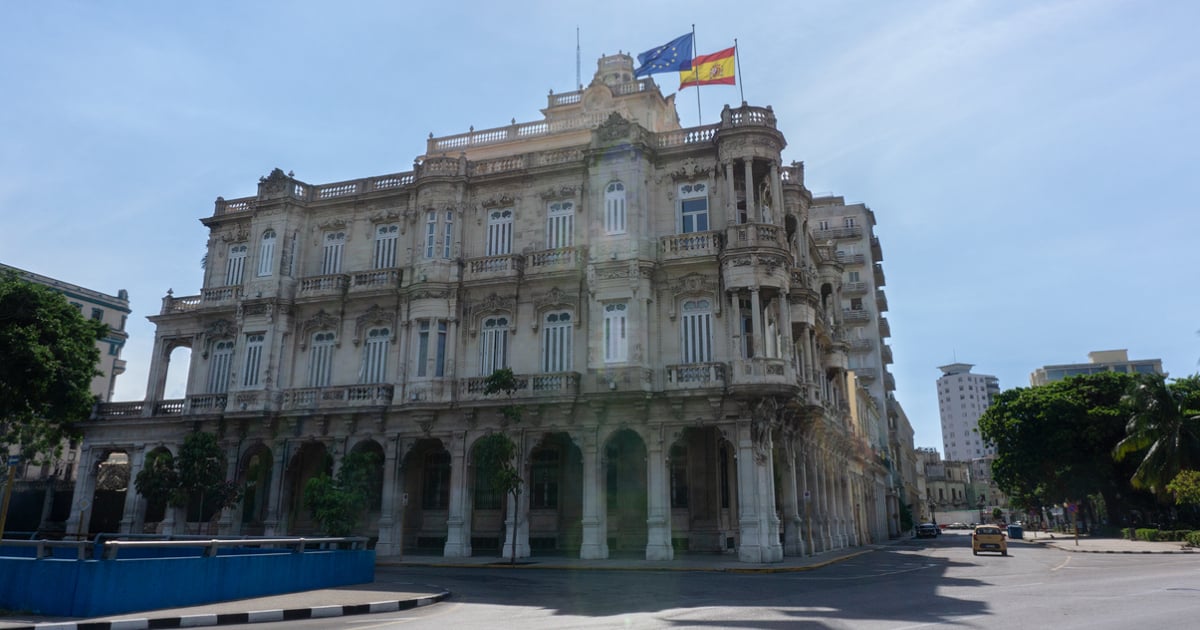Nearly 500,000 descendants of Spanish emigrants face potential disappointment in their quest for Spanish citizenship due to severe administrative bottlenecks impacting Spanish consulates across Latin America and the United States. The situation is particularly dire in Havana, where delays are most acute.
Since the Democratic Memory Law was enacted in 2022, about 680,000 individuals have applied for Spanish nationality. However, only 30% of these applications have been processed, leaving over 474,000 cases pending. Overwhelmed by the surge in demand, these consulates have warned applicants of potential waits lasting months or even years, citing insufficient human and material resources.
The Consulate General of Spain in Havana exemplifies the severity of the issue. Despite processing roughly 56% of the 87,000 applications received—the highest rate among major consulates—the waiting time just to begin the process is alarming. Applicants currently receive an automatic email response indicating a wait of up to 10 months merely to secure the credentials needed to schedule an in-person appointment.
Critical Delays and Their Consequences
Organizations like the Association of Spanish Descendants Worldwide (ADEM) have labeled Havana's situation as "critical." Estela Marina Pérez, the organization's president, has highlighted the plight of many Cuban applicants who not only face year-long waits for credentials but also risk being excluded from the process if they fail to complete their applications before the law's expiration in October 2025.
The extensive delays have led to numerous complaints to the Spanish Ombudsman, who protects citizens' rights against administrative failures. Reports have emerged of an informal market where appointments are sold for 80 to 200 euros. Moreover, systemic failures in the appointment allocation process have left many without credentials, with no effective solution in sight.
Efforts to Alleviate the Backlog
To address these issues, the Spanish Ministry of Foreign Affairs has increased staff numbers by 35% at the Havana consulate and plans to introduce new software to expedite appointment scheduling. Nonetheless, the Ombudsman warns that structural problems remain unresolved, with complaints continuing to rise.
This backlog extends beyond Cuba. In São Paulo, Brazil, only about 4.5% of nearly 55,000 applications have been processed. Consulates in Mexico, Miami, Bogotá, and Montevideo also experience significant delays, though some have begun implementing measures to ensure appointment requests are recognized within legal timeframes—a step yet to be fully realized in Havana.
A Glimmer of Hope
As a partial remedy, the Consulate General of Spain in Havana announced that starting May 5, the number of weekly appointments available for submitting applications under the Democratic Memory Law will increase by 336. This change, made public on April 25 via social media, marks a 27.2% rise in appointment capacity, offering hope to many Cubans eager to secure Spanish citizenship.
FAQs about Citizenship Obstacles and Solutions
Why are Spanish consulates overwhelmed with applications?
The surge in applications is primarily due to the Democratic Memory Law enacted in 2022, which has led to approximately 680,000 individuals applying for Spanish nationality.
What measures are being taken to reduce the backlog in Havana?
The Spanish Ministry of Foreign Affairs has increased the staff in Havana by 35% and plans to implement new software to streamline appointment scheduling. Additionally, the number of weekly appointments has been increased by 336.
What risks do applicants face if they cannot complete their application on time?
Applicants risk being excluded from the citizenship process if they do not complete their application before the law's expiration in October 2025.
